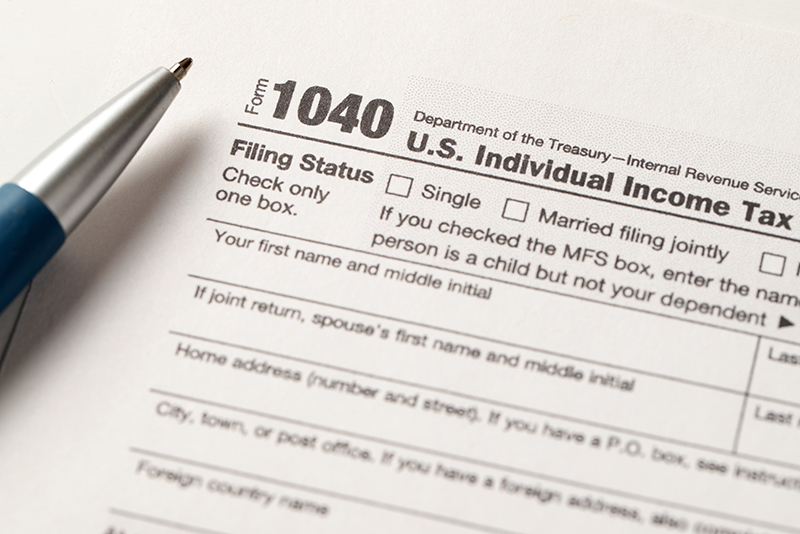Can you change your tax filing status at any time?
July 03, 2025 by Karen Thomas-Brandt, EA
You’ve filed your return and are feeling the relief that goes along with it. But did you use the correct filing status? After talking to your neighbor, you’re unsure, and you are starting to second-guess yourself. Now you are asking yourself, “Can I change my tax filing status at any time?”
Generally, your filing status is based on your marital status on the last day of the year. You can choose:
- Single if you’re unmarried, divorced, or legally separated.
- Married Filing Jointly if you’re married or if your spouse passed away during the year.
- Married Filing Separately if you’re married and don’t want to file jointly.
- Head of Household if you’re single and you paid more than half of your living expenses for yourself and a qualifying dependent. Certain married taxpayers who are legally separated or did not live with their spouse for the last six months of the year may qualify.
- Qualifying Surviving Spouse if your spouse died during the past two years, you have a dependent child, and you have not remarried.
The ability to change your filing status depends on the time of year you want to make the change and the original filing status you used.
Changing your filing status year-to-year
Things can change from year to year. You may get married. You may get divorced. You may have a child or lose a spouse. These major life changes can (and will) affect what filing status you should use on your tax return. Changing your filing status from tax year to tax year is allowed by the IRS, as long as you meet the requirements for your chosen filing status in that year.
Changing your filing status on an amendment
Most changes to filing status are allowed with an amendment, assuming you meet the requirements of the new filing status. If you qualify for the change, then you have three years from the due date of the original return to file an amendment and receive a refund. In general, however, you cannot change your filing status from married filing jointly to married filing separately after the return due date.
Examples
Here are some examples of common situations we see:
- 1. Changing from Married Filing Separately to Married Filing Jointly
- Fred and Wilma married in November of the current tax year. They filed as Married Filing Separately because they figured they were single most of the year. Their friend Barney, a CPA, explained that since they were married on the last day of the year, they are considered married for the full year. After speaking to him, Fred and Wilma understood why their refund would have been significantly higher if they had filed as Married Filing Jointly. Fred and Wilma can amend their return (even after the due date) to change their filing status from Married Filing Separately to Married Filing Jointly. The amendment must be filed within three years after the due date (not including extensions) of the originally filed return(s).
- 2. Changing from Married Filing Jointly to Married Filing Separately
- Sonny and Cher are married and filed a tax return using the Married Filing Jointly status on their 2023 tax return (filed in 2024). At the end of 2024, they were no longer speaking, and Cher decided she wanted to amend the return and change her filing status to Married Filing Separately. Because the due date of the return has passed, she cannot amend to change the filing status. However, in 2025, when she files her 2024 return, she can choose to file as Married Filing Separately (if she is still married).
- 3. Changing from Head of Household to Single
- Joanne filed using the Head of Household filing status, claiming her boyfriend’s children (who are not her biological children). Unfortunately, these children do not qualify Joanne as head of household for tax purposes. Joanne can (and should) amend her return to change her filing status from Head of Household to Single. The amendment must be filed within three years after the due date (not including extensions) of the originally filed return(s).
Choosing the correct filing status can be difficult. If you need advice, consult with a tax professional or an attorney. The Internal Revenue Service keeps a database of credentialed professionals, and you can use it to find someone local to you. Here is a link to help you get started.





